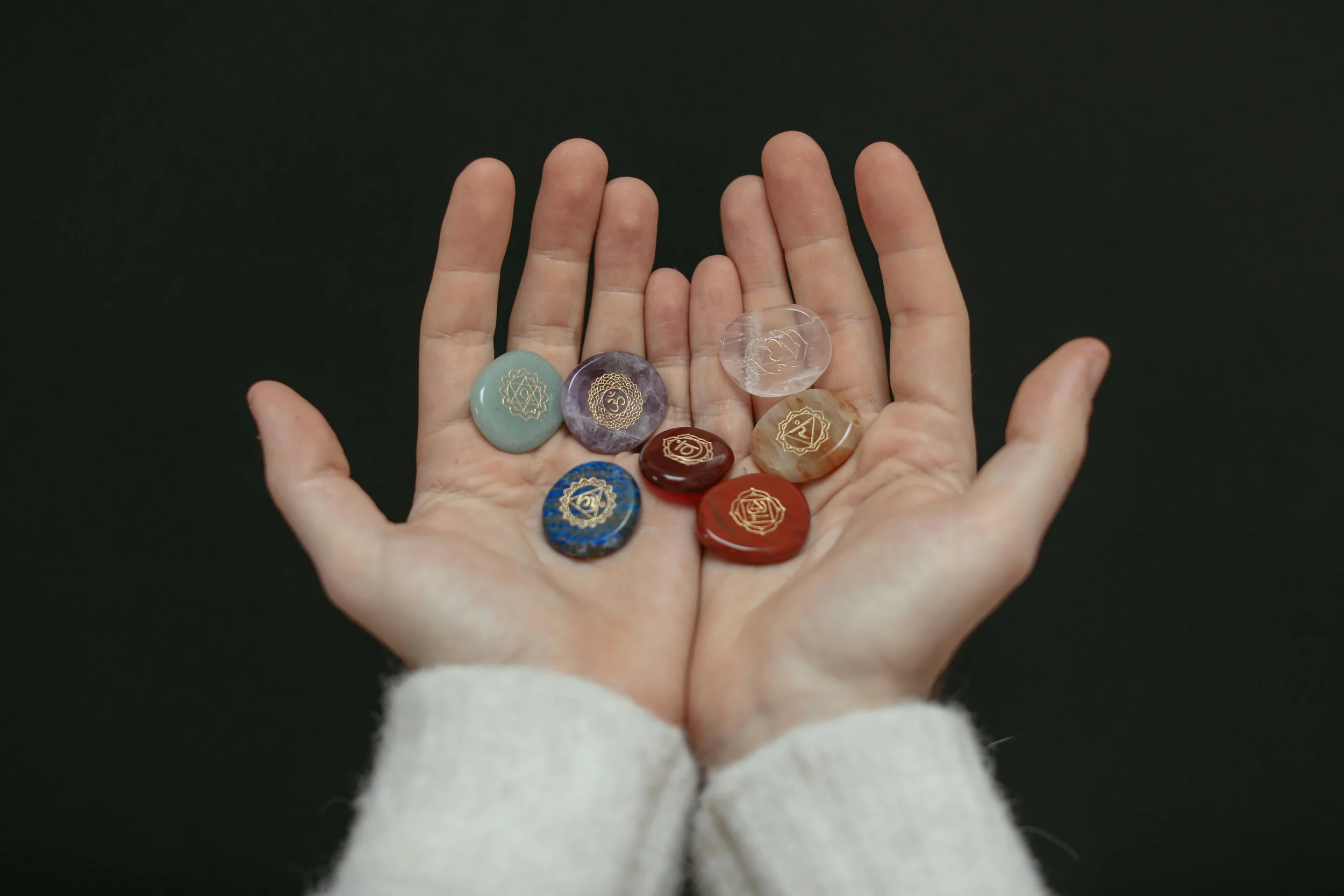What is Reiki Therapy?
Demystifying the Energy Healing Narrative
Reiki often gets lumped into the vague world of “spiritual healing,” surrounded by incense, mystery, and skepticism. For some, it feels too woo-woo. For others, it’s life-changing. But what if Reiki isn’t as mystical as people think? What if it's more grounded—more scientific—than the stereotypes suggest?
Let’s break it down.
Beyond the Woo: Understanding Reiki
Reiki, a Japanese technique for relaxation and stress reduction, is commonly described as “energy healing.” Practitioners channel energy through their hands to help balance the body’s energy flow, supporting emotional, mental, and physical healing.
But here's the thing: you don’t have to believe in a mystical energy field to benefit from Reiki. At its core, Reiki is about awareness, regulation, and connection to your own body and nervous system. It’s a practice of mastering your own energy—your mood, your presence, your breath, and how you respond to stress.
Your Nervous System: The Real Energy Field
When we talk about energy in Reiki, we can also talk about the nervous system—your body's electrical network. Chronic stress activates your sympathetic nervous system (fight-or-flight), which can lead to tension, inflammation, and emotional burnout. Reiki shifts you into the parasympathetic state (rest-and-digest), where your body naturally heals and restores balance.
This is where the science begins to align with the experience.
Calm = Chemistry
When you're relaxed during or after a Reiki session, your body starts producing feel-good chemicals:
Dopamine: boosts motivation and pleasure
Serotonin: regulates mood and sleep
Oxytocin: the "bonding" hormone, associated with trust and empathy
Endorphins: your body’s natural painkillers
These are the same neurochemicals released during meditation, deep rest, or after exercise. So while Reiki might look passive, it’s actively helping your brain and body rebalance through hormone regulation and nervous system coherence.
A Practice of Personal Mastery
One of the most empowering aspects of Reiki is that it teaches you how to be more in tune with yourself. Over time, practicing or receiving Reiki can help you:
Recognize your emotional patterns
Ground yourself in moments of anxiety or overwhelm
Build emotional resilience
Sleep better and respond to stress with more clarity
It’s not about escaping reality—it’s about becoming more equipped to face it.
Making Reiki More Accessible
By shifting the narrative from “spiritual energy healing” to self-regulation and nervous system support, Reiki becomes something much more inclusive—and relevant. You don’t need to believe in anything supernatural to benefit. Just a willingness to be present with yourself and allow your body to rest.
In a fast-paced world where anxiety, burnout, and emotional overload are the norm, Reiki offers a quiet space to reset—from the inside out.
Final Thoughts
Reiki isn’t magic. It’s a doorway to better self-awareness, emotional balance, and physical well-being. It’s less about channeling unseen forces and more about learning to tune into your own system, slow down, and activate your body's natural ability to heal.
And that? That’s real energy work.
Discover our trusted Reiki practitioners here.

